Eurovision stars weigh politics and principles as calls for boycott over Israel grow
One of the biggest artistic competitions on Earth finds itself in the middle of a widening debate about if — and how — to address the ongoing war in Gaza

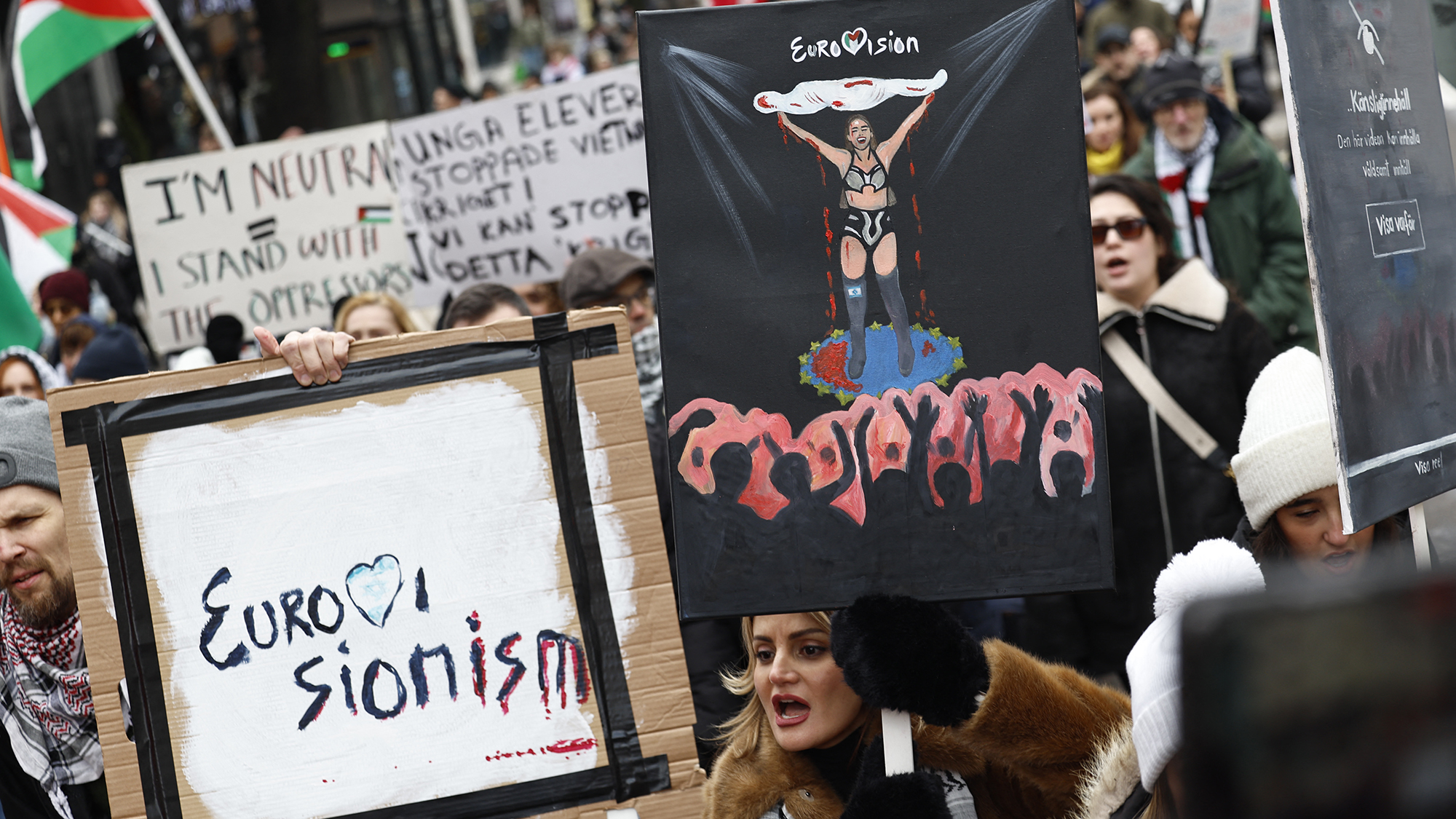
A free daily email with the biggest news stories of the day – and the best features from TheWeek.com
You are now subscribed
Your newsletter sign-up was successful
Next month, viewers around the world will tune in for the 68th annual Eurovision song contest to watch performers from across Europe and beyond represent their respective nations in one of — if not the — premier musical competitions on Earth. Although for the time being Eurovision remains a fairly niche pastime in the United States, the contest's popularity across the Atlantic rivals professional sports with its sheer patriotic intensity. But for as much as the competition presents itself as a haven of good natured sonic schmaltz, the reality of the world outside Eurovision's concert hall cannot help but intrude.
Last week, the Queers for Palestine advocacy group published an open letter signed by nearly 500 "queer artists, individuals and organisations" urging Olly Alexander, the British singer chosen to represent the U.K. next month in Malmo, Sweden, not to perform this year while Israel remains an entrant nation. To do so, the group claimed, would be to participate in an event that "provides cultural cover for an ongoing genocide" while Israel wages a bloody war in the Gaza Strip. Shortly after Alexander responded that by staying in the competition, he and his fellow participants can "use our platform and come together to call for peace."
Queers for Palestine sent me their letter asking me to withdraw from the ESC earlier this week and I responded to them directly, I’m sharing my response here alongside this mornings collective artist statement 🩷 pic.twitter.com/kEz5soC6WfMarch 29, 2024
Withdrawing, Alexander explained, would not "bring us any closer to our shared goal."
The Week
Escape your echo chamber. Get the facts behind the news, plus analysis from multiple perspectives.

Sign up for The Week's Free Newsletters
From our morning news briefing to a weekly Good News Newsletter, get the best of The Week delivered directly to your inbox.
From our morning news briefing to a weekly Good News Newsletter, get the best of The Week delivered directly to your inbox.
The "unifying power of music"
Alexander was joined in his refusal to boycott Eurovision by contestants representing eight other participating nations: Denmark, Finland, Ireland, Lithuania, Norway, Portugal, San Marino and Switzerland. The countries explained in a shared statement that although they "stand in solidarity with the oppressed" they remain committed to the "unifying power of music" which helps "transcend differences." That sentiment was echoed, in part, by Eurovision's organizers, the European Broadcast Union, which pushed back on boycott calls in a statement to the BBC on the grounds that their competition "should always transcend politics, promote togetherness and bring audiences together across the world."
Exhortations for boycotting the event are not the first instance of the competition being "shrouded in controversy" due to the ongoing Gaza war, Deadline said. Israel's initial entry was "deemed too political with its reference to the Hamas attack in October 2023" which ignited this latest conflagration. Instead, Israel contestant Eden Golan is slated to sing a revised version of the country's initial entry, entitled "Hurricane."

Eurovision's apolitical aspirations are, in some regard, what allows the competition to exist in the first place, historian Catherine Baker told NBC News, saying that because "every participant has to be able to trust every other participant plus the organizer," an international competition "based on music and cultural expression" tainted by politics might be impossible otherwise.
A double standard?
In Malmo, the contest will take place under "high security amid protests over Israel's participation," The Times of Israel said, noting that a "large share of Sweden's Palestinian community" lives in the coastal city. The ongoing war in Gaza has added an "extra dimension to the city's Eurovision preparations." Earlier this year, more than 1,000 Swedish musicians called on their home country to prevent Israel from participating this year, calling it a "remarkable double standard that undermines the organisation's credibility" in an open letter published in the Aftonbladet newspaper. Two years ago at the onset of the Russian invasion of Ukraine, the European Broadcasting Union blocked Russia on the grounds that their participation would "bring the competition into disrepute." That decision was made by the broadcasting union's executive board after it initially insisted that Russia would be allowed to compete," The Guardian said.
A free daily email with the biggest news stories of the day – and the best features from TheWeek.com
At the same time, simply acknowledging "that you're Palestinian, people will just say that you're making things political," singer Bashar Murad said in an interview with NBC last month. Murad, who was born in East Jerusalem, was considered a major contender to represent Iceland at this year's competition. He told the outlet that being Palestinian is "the skin I'm in, and it's also the lens through which I see the world." He added that he hopes people who hear him understand "that we all have a beating heart, hopes, dreams and ambitions." Murad ultimately lost his Eurovision bid to Icelandic singer Hera Bjork.
Rafi Schwartz has worked as a politics writer at The Week since 2022, where he covers elections, Congress and the White House. He was previously a contributing writer with Mic focusing largely on politics, a senior writer with Splinter News, a staff writer for Fusion's news lab, and the managing editor of Heeb Magazine, a Jewish life and culture publication. Rafi's work has appeared in Rolling Stone, GOOD and The Forward, among others.
-
 6 exquisite homes with vast acreage
6 exquisite homes with vast acreageFeature Featuring an off-the-grid contemporary home in New Mexico and lakefront farmhouse in Massachusetts
-
 Film reviews: ‘Wuthering Heights,’ ‘Good Luck, Have Fun, Don’t Die,’ and ‘Sirat’
Film reviews: ‘Wuthering Heights,’ ‘Good Luck, Have Fun, Don’t Die,’ and ‘Sirat’Feature An inconvenient love torments a would-be couple, a gonzo time traveler seeks to save humanity from AI, and a father’s desperate search goes deeply sideways
-
 Political cartoons for February 16
Political cartoons for February 16Cartoons Monday’s political cartoons include President's Day, a valentine from the Epstein files, and more
-
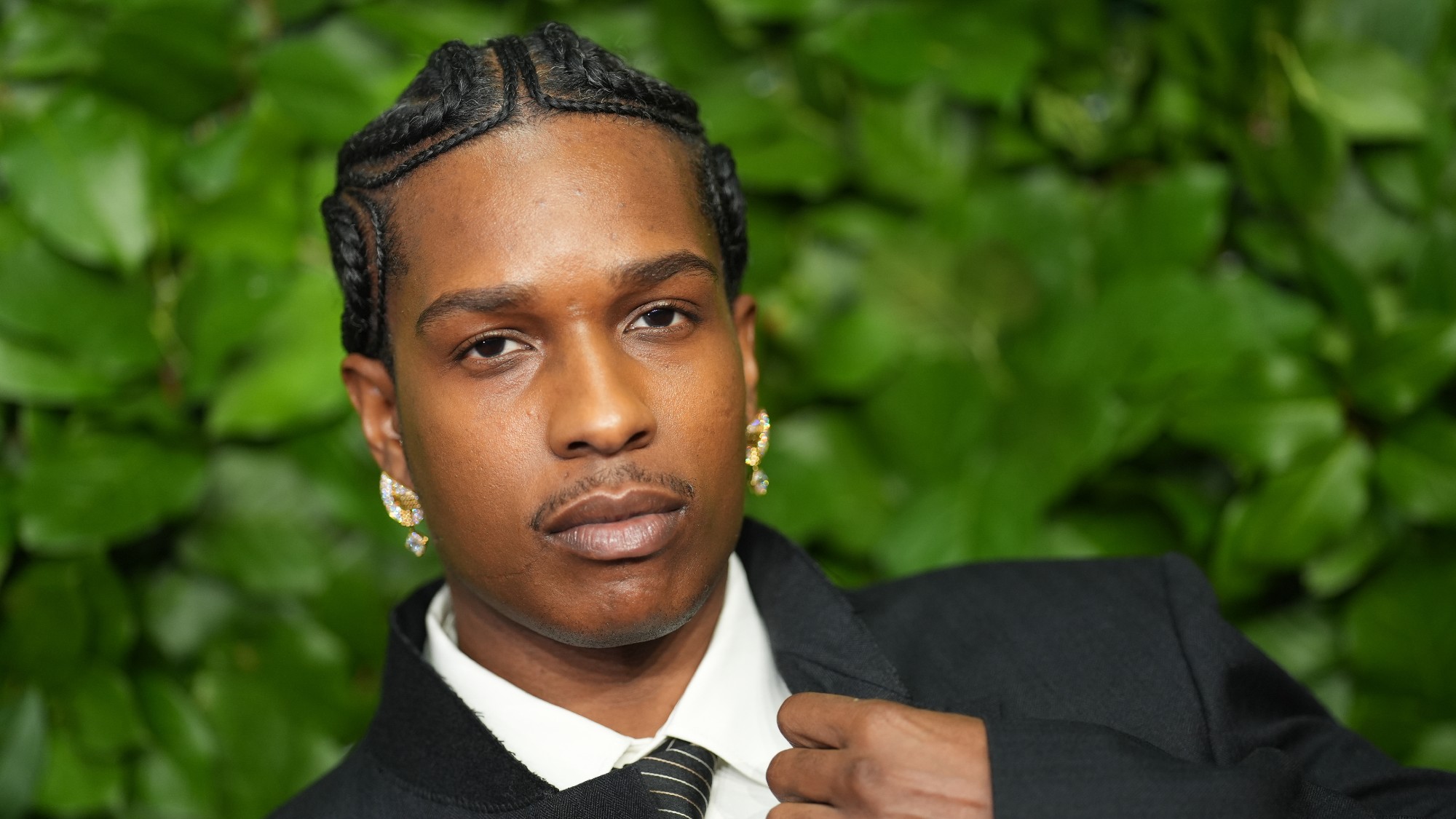 Music reviews: Ari Lennox, Lucinda Williams, and A$AP Rocky
Music reviews: Ari Lennox, Lucinda Williams, and A$AP RockyFeature ‘Vacancy,’ ‘World’s Gone Wrong,’ and ‘Don’t Be Dumb’
-
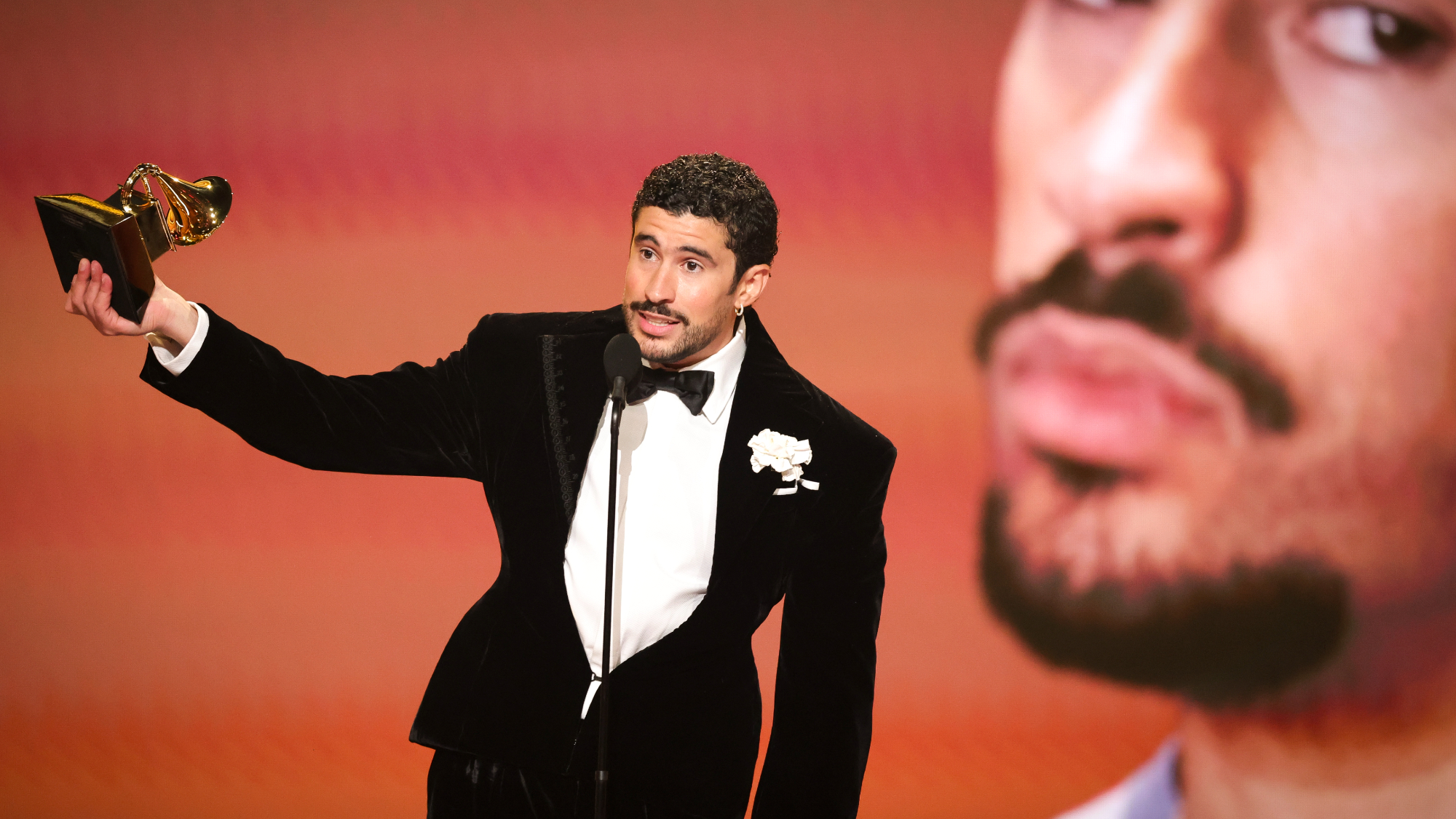 Bad Bunny, Lamar, K-pop make Grammy history
Bad Bunny, Lamar, K-pop make Grammy historySpeed Read The Puerto Rican artist will perform at the Super Bowl this weekend
-
 Music reviews: Zach Bryan, Dry Cleaning, and Madison Beer
Music reviews: Zach Bryan, Dry Cleaning, and Madison BeerFeature “With Heaven on Top,” “Secret Love,” and “Locket”
-
 The Voice of Hind Rajab: ‘innovative’ drama-doc hybrid
The Voice of Hind Rajab: ‘innovative’ drama-doc hybridThe Week Recommends ‘Wrenching’ film about the killing of a five-year-old Palestinian girl in Gaza
-
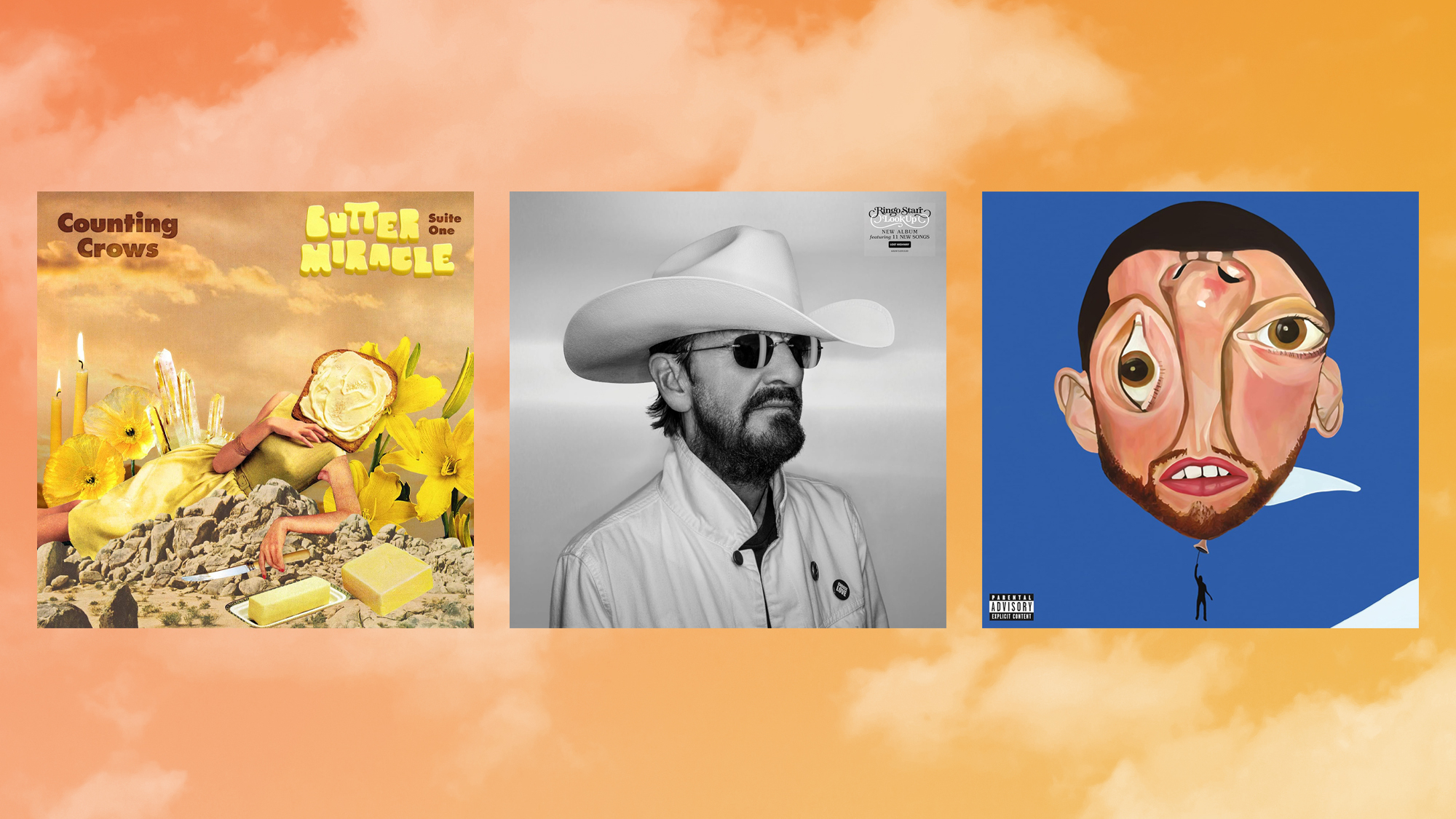 The best music of 2025
The best music of 2025The Week Recommends These were some of the finest releases of the past year
-
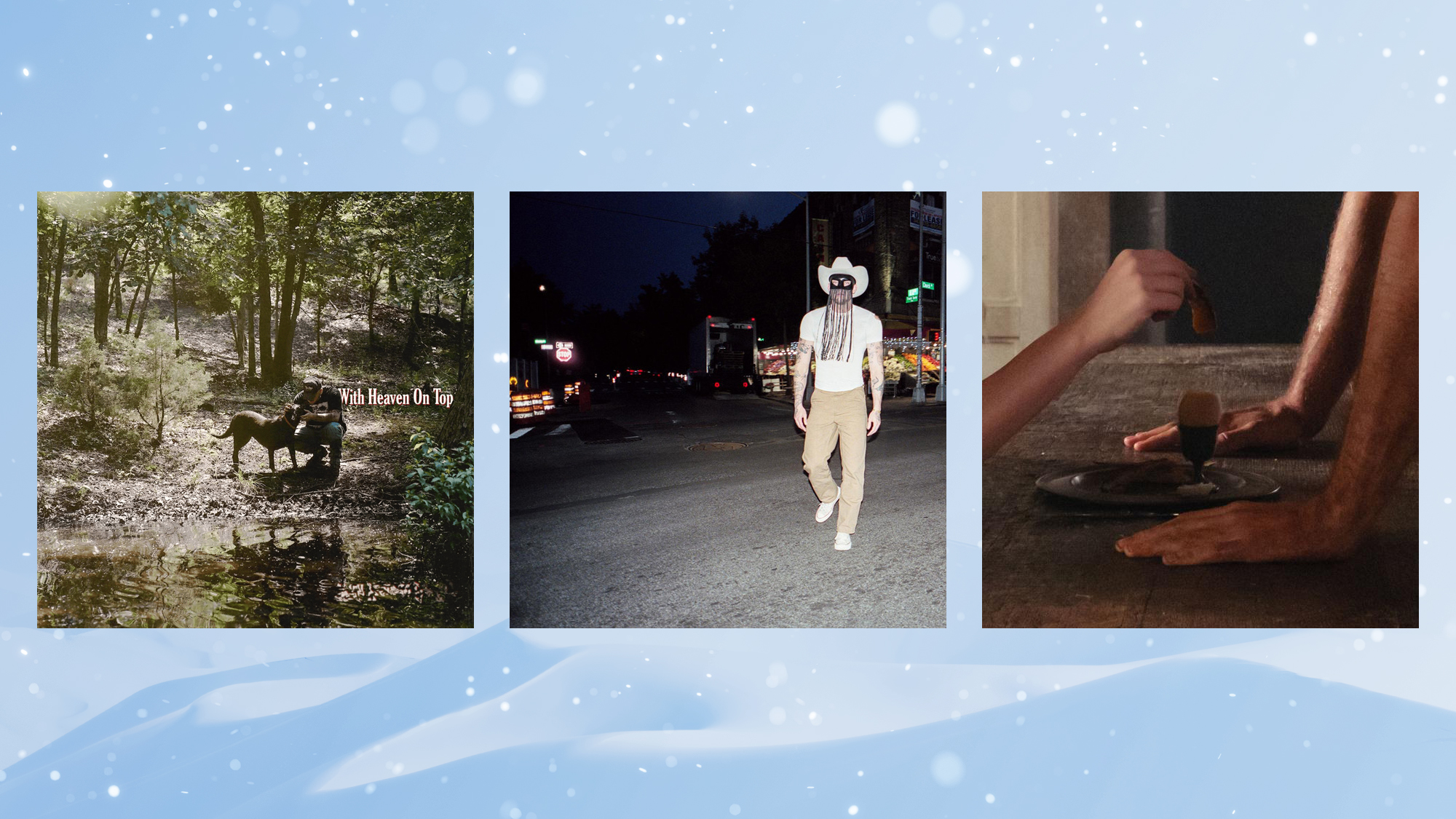 10 upcoming albums to stream during the winter chill
10 upcoming albums to stream during the winter chillThe Week Recommends As the calendar turns to 2026, check out some new music from your favorite artists
-
 10 concert tours to see this winter
10 concert tours to see this winterThe Week Recommends Keep cozy this winter with a series of concerts from big-name artists
-
 The most downloaded country song in the US is AI-generated
The most downloaded country song in the US is AI-generatedUnder the radar Both the song and artist appear to be entirely the creation of artificial intelligence
